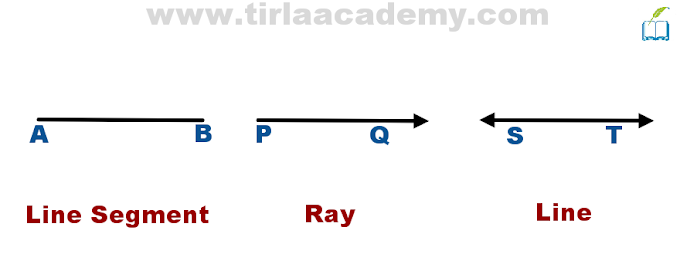Ever feel like your worth depends on achievements or what others think? You're not alone — but that’s not the full truth.
Self-worth is how we see and value ourselves. It's the inner belief that we are worthy of love, respect, and happiness — regardless of success, failure, or approval from others. Yet many people tie their self-worth to external things, making it fragile and constantly changing.
Let’s break down what truly determines self-worth and how to build a healthier, more grounded sense of it.
1. Self-Awareness: Knowing Who You Are
Understanding your values, strengths, and emotions is a powerful foundation for self-worth. When you take time to reflect on what matters most to you — beyond what society or others expect — you create a solid sense of identity. This awareness helps you respond to life with confidence rather than insecurity.
Tip: Journaling or simply spending quiet time alone can help you understand yourself better.
2. Internal Validation Over External Approval
Many people base their worth on things like grades, job titles, or social media likes. But these are temporary and ever-changing. People with a strong sense of self-worth validate themselves from within. They believe in their value without needing constant praise.
Truth: Your worth doesn't increase because someone compliments you or decrease when they don't.
3. How You Talk to Yourself
The way you speak to yourself — especially in difficult times — deeply affects your self-worth. Do you offer yourself kindness, or are you your harshest critic? People who believe in their worth show themselves the same compassion they would offer a close friend.
Practice: Replace self-critical thoughts with encouraging ones like, “I’m learning,” or “This doesn’t define me.”
4. Resilience Through Failure and Setbacks
Mistakes don’t make you less valuable — they make you human. Those with high self-worth understand that failure is part of growth. They bounce back, not because they never feel down, but because they know a mistake doesn’t change their value.
Reminder: Struggles are experiences, not measurements of your worth.
5. Healthy Boundaries and Relationships
Surrounding yourself with people who respect your values and boundaries supports your self-worth. It’s not selfish to protect your energy — it’s necessary. Letting go of toxic environments and saying “no” when needed shows that you value yourself.
Note: You teach others how to treat you by how you treat yourself.
Final Thoughts
Self-worth isn’t something you earn — it’s something you own. It comes from within, rooted in self-respect, acceptance, and the courage to be yourself. While the world may try to define you by your results, you have the power to define your worth by your values and how you treat yourself.
No title, job, grade, or follower count can replace that.





